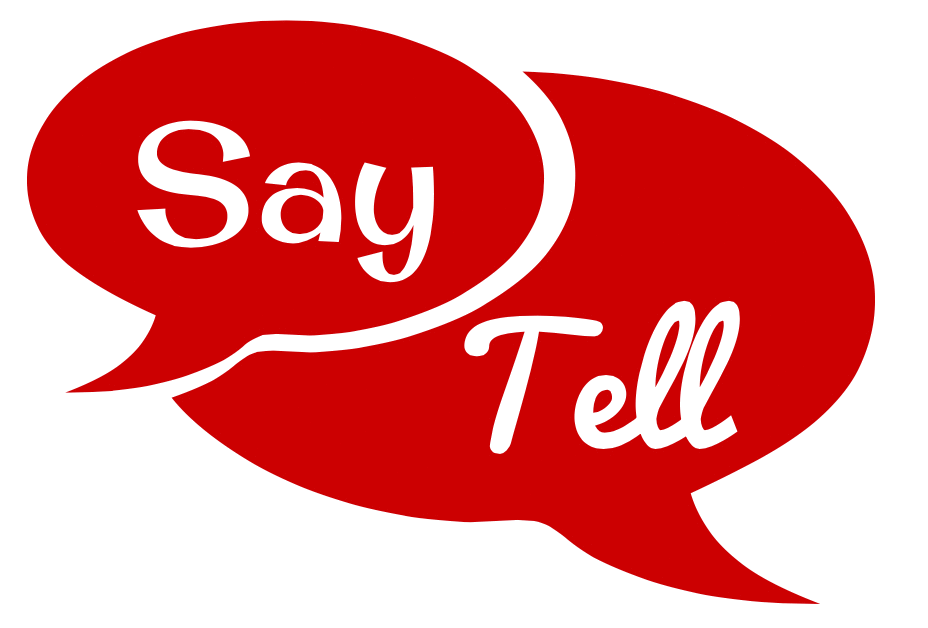Everyone vs Every One
Posted onEveryone vs Every One Everyone = ALL the people in a group. (You can also use everybody.) Ex: The new rules will affect “everyone” at our job. Every One = EACH person who makes up a group. Ex: My mother would like to thank “every one” of you who helped her during her illness. […]









